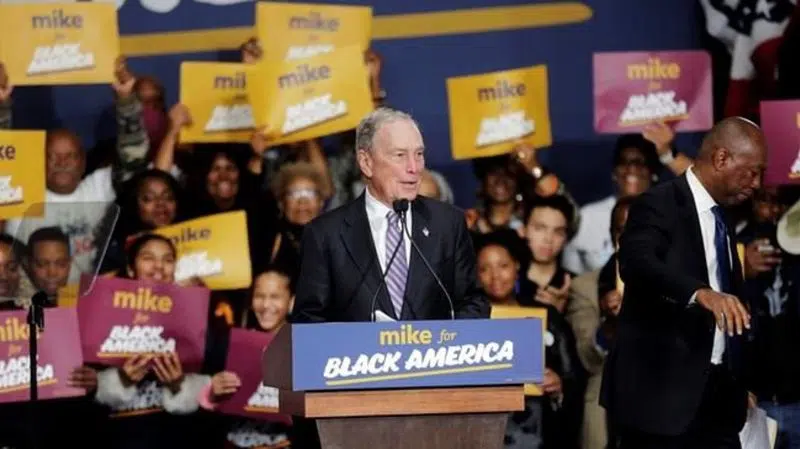
Las Vegas debate a major test of Bloomberg campaign’s gamble
LAS VEGAS — Mike Bloomberg will confront the greatest test of his presidential campaign when he faces five Democratic rivals in a debate in Las Vegas that could fundamentally change the direction of the party’s 2020 nomination fight.
The debate debut for the billionaire former mayor of New York is poised to offer fresh insight into whether his unconventional campaign strategy — bypassing early voting states such as Nevada and spending hundreds of millions of dollars to spread his message on the airwaves — is sustainable.
Wednesday night’s debate comes at a pivotal point in the campaign as moderate voters are struggling to unify, with some increasingly looking to Bloomberg to become the clear alternative to progressive Bernie Sanders. And lest there be any doubt, all the participants expect a hostile reception for Bloomberg, who formally registered as a Democrat in 2018 and has faced relatively little national scrutiny in his surprisingly swift rise from nonpartisan megadonor to top-tier presidential contender.
“He is going to have a giant target on his back from all sides,” said Democratic strategist Brian Brokaw. “It’ll either all come together brilliantly or could fall apart very quickly. … The stakes are just incredibly high for him.”


